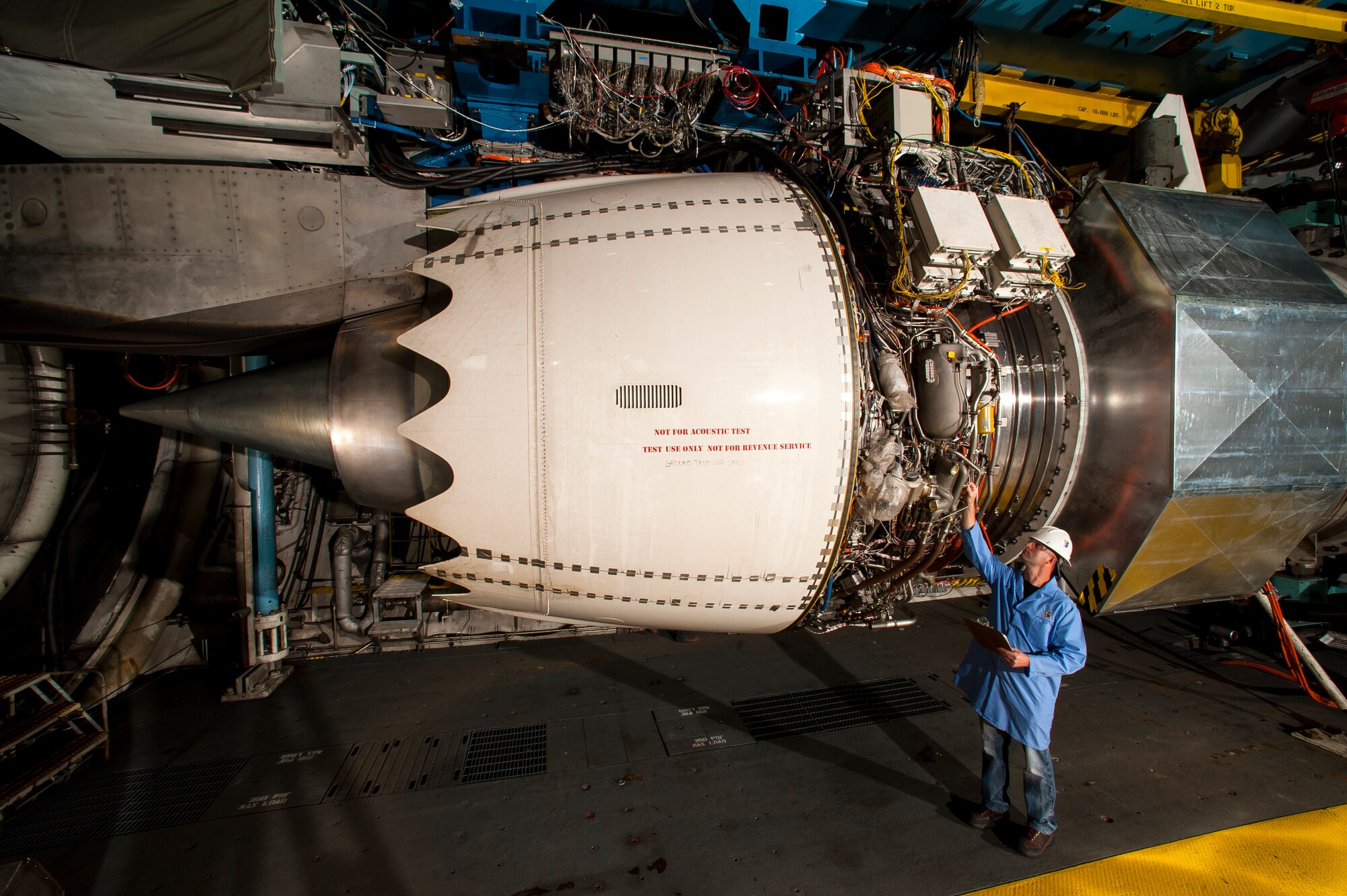NASA Rocket Engine Hot Fire Testing
The NASA Rocket Engine Hot Fire Testing service is a critical component in ensuring the reliability and safety of rocket engines. This testing involves igniting and operating rocket engines under simulated launch conditions to evaluate their performance, durability, and compliance with stringent aerospace standards. The primary focus is on assessing the engine's ability to operate reliably during actual flight conditions, which are far more demanding than ground-based tests.
Hot fire testing simulates real-world scenarios where the engine operates in an oxidizing environment at high temperatures and pressures. This service is essential for aerospace manufacturers and government agencies like NASA because it provides a means to identify potential issues early in the development process, thereby reducing risks and costs associated with field failures.
The testing procedure involves several stages. First, the engine undergoes a pre-test inspection to ensure all components are correctly assembled and calibrated. This is followed by an initial cold start to verify the engine's operation without propellant. Once this phase is complete, the engine is ignited under controlled conditions, allowing engineers to monitor various parameters such as thrust, chamber pressure, exhaust gas temperature, and specific impulse.
The data collected during these tests are crucial for validating design assumptions and identifying areas where improvements can be made. This process helps in optimizing the engine's performance while ensuring it meets all necessary safety and operational requirements. Compliance with international standards such as NASA's own test procedures, ISO standards, and other relevant aviation regulations ensures that the engines meet the highest quality and reliability benchmarks.
Hot fire testing is not just about evaluating the engine itself but also assessing the integration of various components into a larger system. This includes propulsion systems, fuel management, thermal control systems, and structural integrity checks. The test setup typically involves specialized facilities equipped with precise instrumentation to capture real-time data, which can then be analyzed using advanced computational tools.
The significance of this service cannot be overstated in the aerospace sector. It plays a pivotal role in ensuring that rocket engines perform reliably under extreme conditions, thereby enhancing mission success rates and safety levels. The insights gained from these tests are invaluable for both current projects and future developments in space exploration technology.
Eurolab Advantages
At Eurolab, our expertise in aerospace testing is unmatched, offering a range of advantages that set us apart from other service providers:
- Comprehensive Test Capabilities: We provide a full suite of test services, including hot fire testing, to meet all your propulsion and engine performance needs.
- State-of-the-Art Facilities: Our laboratories are equipped with the latest technology and equipment, ensuring accurate and reliable test results.
- Experienced Engineers: Our team comprises highly skilled professionals who have extensive experience in aerospace testing.
- Compliance Support: We ensure that all tests comply with international standards such as NASA requirements, ISO, ASTM, and EN.
- Custom Solutions: We offer tailored solutions to meet the specific needs of your project, whether it's a one-off test or an ongoing program.
- Fast Turnaround Times: With efficient processes in place, we can deliver timely results without compromising on quality.
Quality and Reliability Assurance
The assurance of high-quality and reliable rocket engines is a cornerstone of our service. At Eurolab, we employ rigorous quality control measures throughout the testing process to ensure that each engine meets the highest standards.
Our quality assurance protocols include:
- Pre-Test Inspections: Thorough checks are conducted before any hot fire test to identify potential issues early on.
- Data Validation: All data collected during the tests is cross-checked against expected outcomes and international standards.
- Analytical Reporting: Detailed reports are prepared, summarizing all findings from the tests for further analysis and decision-making.
- Post-Test Analyses: After each test, in-depth analyses are performed to determine if any modifications or improvements are necessary.
Use Cases and Application Examples
The NASA Rocket Engine Hot Fire Testing service is applicable across various aerospace projects and applications:
- New Engine Design Validation: Ensuring that new engine designs meet all performance criteria before full-scale production.
- Ongoing Engineering Improvements: Identifying areas for improvement in existing engines to enhance efficiency or reliability.
- Regulatory Compliance Checks: Verifying compliance with international aerospace standards and regulations.
- R&D Projects: Supporting research and development initiatives aimed at pushing the boundaries of propulsion technology.





